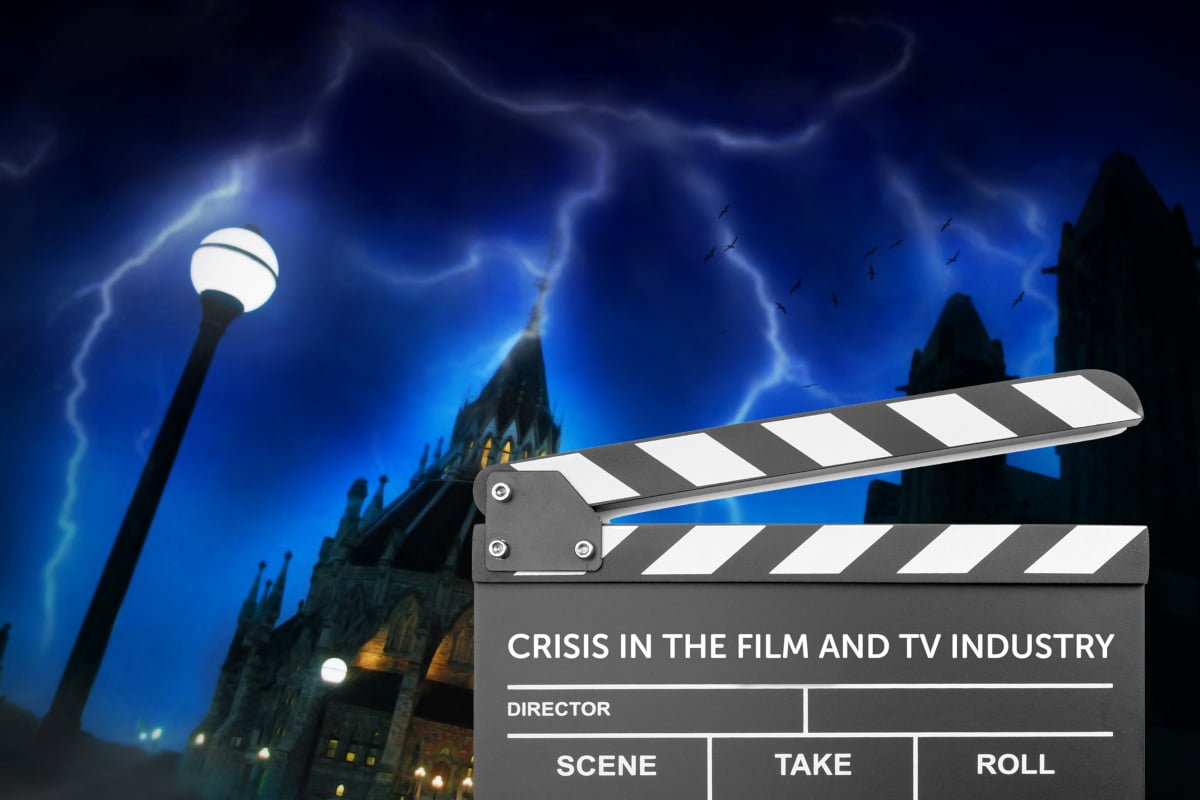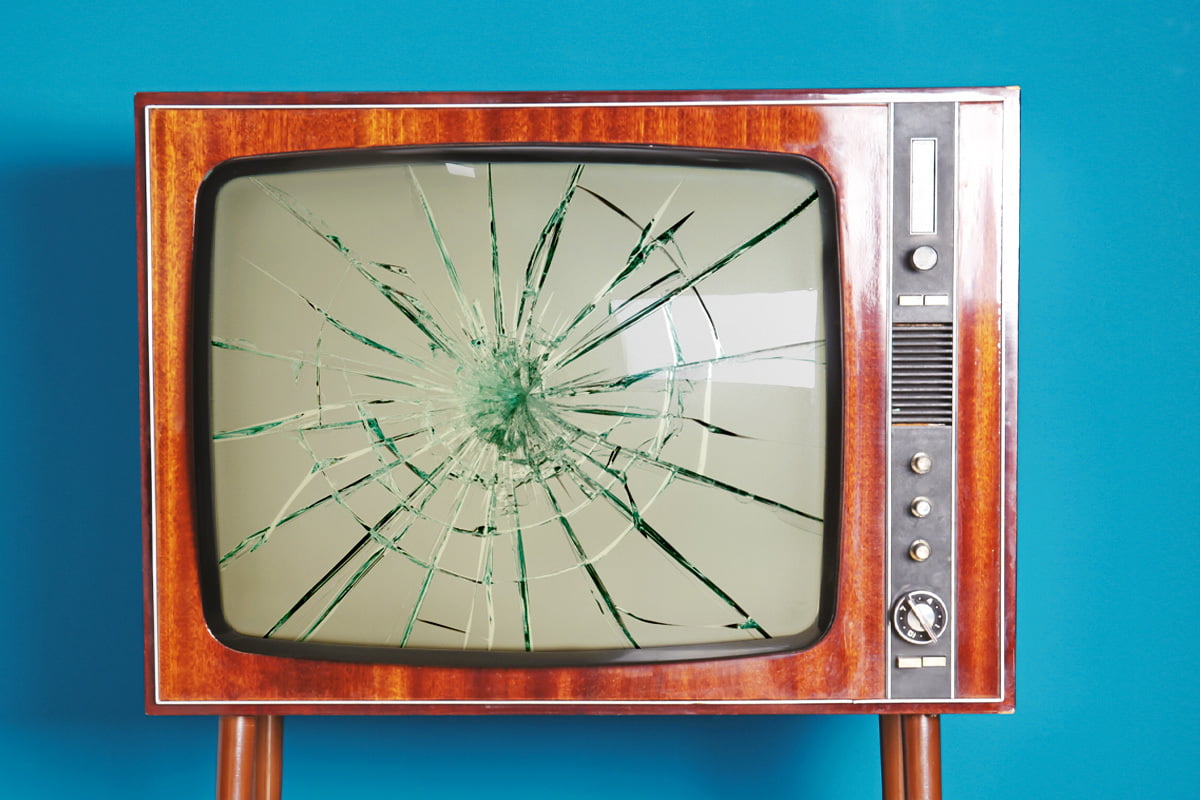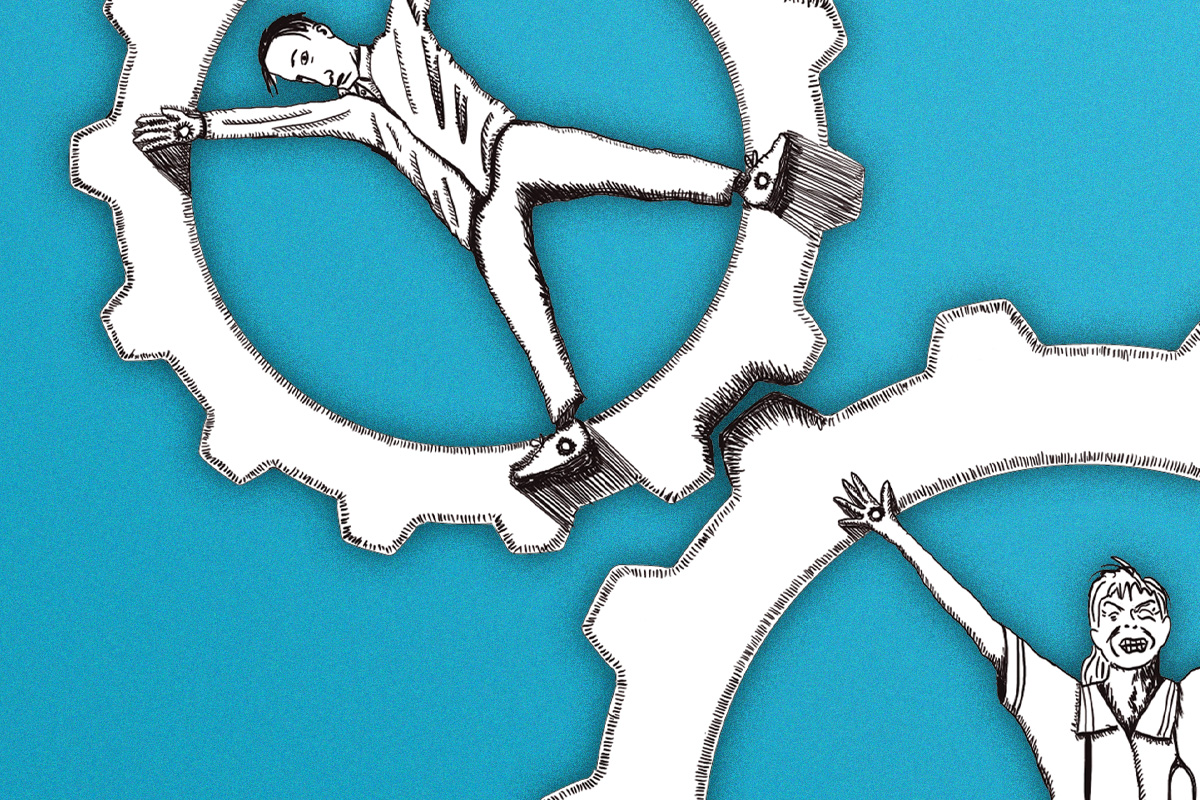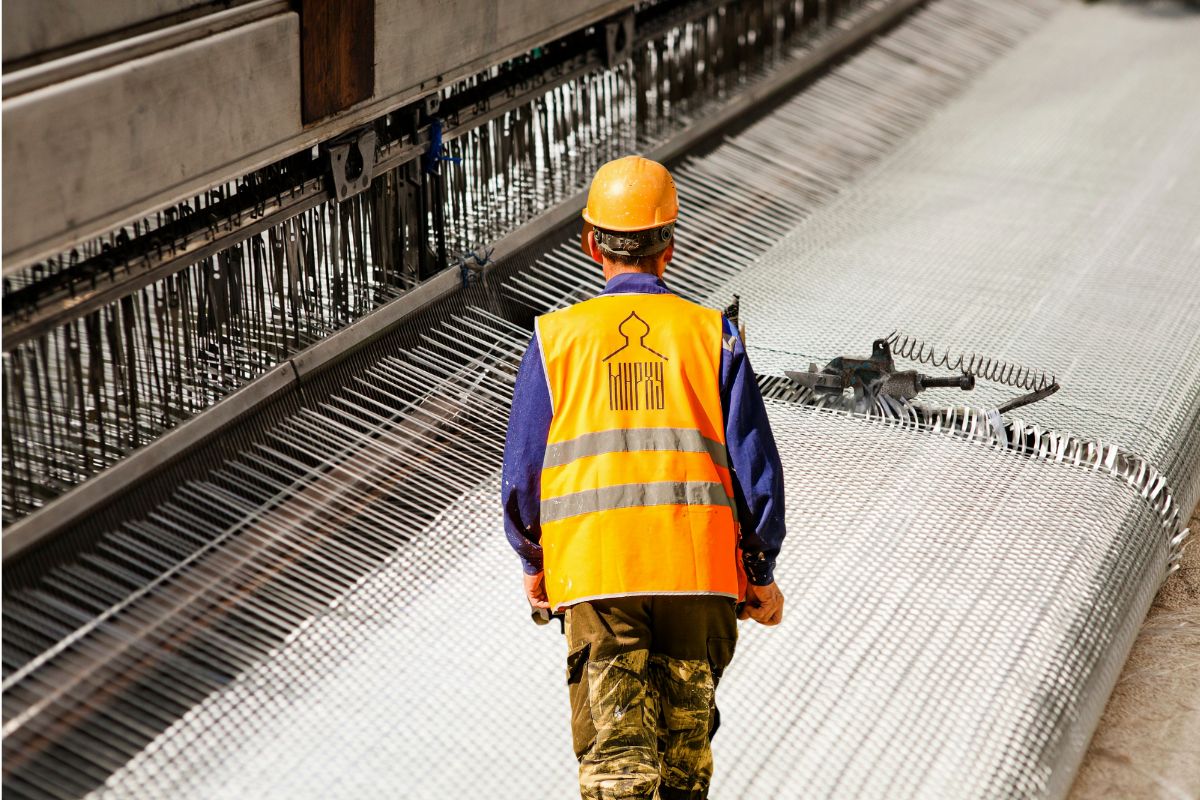The film and television industry has been in deep crisis since the summer of 2023, with no end in sight.
The most recent BECTU poll suggests just over half of workers remain out of work – this actually masks the real figure, as thousands have left the industry entirely.
Even the most optimistic and hopeful workers have been crushed. An Unscripted TV Producer shared:
“I have never known a more dire situation in television in twenty years. Every freelancer I know is unemployed. Every freelancer I know is extremely worried about money, growing debt and the future of production. Freelancers are already living precarious lives. Now it is untenable.”
The decline of traditional TV viewership, cuts to public broadcasting budgets, post-covid programming overproduction, streaming unprofitability, and advertising revenue decline in the industry have all coincided with spiralling debts, rising interest rates, and inflation.
These long-term media trends coupled with a traditional capitalist slump have created a perfect storm.
Zombie capitalism
Streaming services are not profitable yet. Netflix is the only major streamer to ever have turned an annual profit, while remaining billions in debt. Disney+ has lost $11.4 billion, and Paramount+ lost $286 million in just the first quarter of 2024.
Production companies like RDF who produced Channel 4’s BAFTA-winning The Secret Life of 4, 5 and 6 Year Olds have shut down – but what is more surprising is how many production companies have not.
Hundreds are simply existing as zombie companies producing almost no content, living off royalties.
Banijay, owner of titles like Big Brother, Deal or No Deal, Masterchef etc, have increased profits to $3.6 billion via reaching into their large back catalogue to rent out their old titles on various platforms.
That is to say, through extracting revenue from productions produced years ago, they have been able to manage the crisis.
Whereas companies like ITV who produced the new hit four part series Mr Bates vs The Post Office, made a loss of £1 million. This contradiction was summed up by exasperated ITV Boss Kevin Lygo: “We can’t continually do this…‘If you’re in Lithuania, four hours on the British Post Office? Not really, thank you very much. So you can see the challenges here.”
More channels are now looking to produce cheap, fast-turnaround productions tailored toward advertising and brands, resulting in a proliferation of programmes about air fryers!
As it stands, TV and film production is not profitable. This is a capitalist’s primary concern, but many months, and potentially years, will be required for a new equilibrium to emerge.
Even then, new headwinds are on the horizon, from artificial intelligence to a future global slump.
Alienation
The main motto of the year in the industry has been to survive until 2025. But the invisible and irrational forces of the market have ruined many talented workers who actually produce the content on screen.
 Cathy Payne, clueless and condescending CEO of Banijay Rights, advised these desperate media workers “You’ve kind of just got to be scrappy” and “just finding a way of working through”.
Cathy Payne, clueless and condescending CEO of Banijay Rights, advised these desperate media workers “You’ve kind of just got to be scrappy” and “just finding a way of working through”.
Yet thousands of lives have been upended by this industry crisis.
Organisations like the union BECTU have been swamped with complaints against production companies taking advantage by deskilling, lowering rates of freelancers, and working freelancers to the bone.
Plummeting from ‘never having it so good’ during 2021 and 2022 to a complete slump in 2023 displays the complete irrationality of capitalist production and the so-called ‘free market’.
A defensive struggle must be waged with no trust in the bosses who’ve landed us in this mess.
When they claim there is no money to commission programming, or no money to hire a full crew at BECTU rates, we must demand they open the books and show the figures!
A crisis of capitalism
The great irony is that the productive capacity to produce great works of television and film have never been greater.
Cameras, editing software to sound equipment have never been more accessible. There have never been more means to share and engage with such works via streaming, social media, home projectors and smart televisions.
Yet it is the irrationality and greed of the capitalist system which is destroying this immense productive capacity for art and culture that it once developed.
We must place control over the production of film and television into those who actually produce them, not profit-hungry bosses.
Creative despair
I am an archive researcher in specialist factual TV, having been an assistant producer and producer for a number of years beforehand.
I was out of work from November 2023 to August 2024. Fortunately having had a job for most of 2023, I was shielded from what was happening in the industry. It was only when I started looking for new roles last December that I realised what many others had been going through.

I joined Facebook forums that contained increasingly desperate messages from freelancers who had gone through their savings (if they were lucky to have any) and faced losing their homes.
Others were angry at the culture of ‘ghosting’, where someone is contacted about a role and then the production company goes quiet. Often it emerges the role has been given to someone else and they hadn’t even bothered to let the original candidate know.
The higher-ups told us to ride out the storm and ‘pivot’ into other careers, such as becoming a postman. The reality was that other careers were already saturated with trained and talented people.
One director I know actually looked into becoming a postman but he discovered that he’d be capped to 30 hours per week, making it far more economical to go on Universal Credit.
When I did the same, the advisor’s dropdown menu didn’t even have ‘Media’ as an option. My 15 years of TV work was reduced to ‘admin’.
The toll on my mental health has been the greatest challenge. I’ve suffered from depression for many years but it has been a long time since it’s been this bad.
You are encouraged to put your heart and soul into TV work. Your identity becomes bound up with your work and you feel a sense of pride. When that work is then taken away, there is a massive void.
I’ve felt useless and resentful for months. The resentfulness has been compounded by the fact that the well-researched, nuanced and poignant history documentaries I used to work on are increasingly a thing of the past.
Instead, it is all about short-form and branded content – attention-grabbing, noisy, influencer-supported, branded content. This worries me because anything sponsored by a brand will be biassed and censored; an advert masquerading as something factual.
I’m also angry that freelancers have been treated so badly. The crisis has revealed what we all knew but pushed under the carpet: the industry is based on a staffing model that greatly benefits the production heads and channels, but leaves freelancers with no job security and no rights.
When I talk to people who work in other industries (especially the civil service) I am amazed at the comparative provisions put in place for training, flexibility and staff benefits.
I am currently doing a couple of archive researcher jobs on part-time, short-term contracts, which has been a great relief.
However, I know this is just a stop-gap before I’m probably unemployed (and seemingly unemployable) again. I hope, for everyone’s sake, that things improve, and I also hope for fundamental change in the way the industry operates and how freelancers are treated.
Alex, London
Planned obsolescence
If your TV was made before 2015, you can say goodbye to the soon-to-be unsupported Netflix app. Unless you want to pay for an extension, an upgrade, or just buy a new TV, of course!
Artificially dumbing down perfectly capable hardware is a problem that has been going on for a long time. Planned obsolescence, the act of making your product unusable quicker to sell more, is a classic trick of capitalist profiteering.
Now as the world market shrinks, this tactic is increasingly used.
If goods were made to last and be adapted, this would mean less profit for the capitalists. Companies force people to buy new technology by intentionally making it last a limited amount of time.
This is holding back the development of new and more efficient technology, and in this case streaming’s powerful potential to increase our access to culture.
So much for capitalist competition breeding innovation!
Eliza Jones, Birmingham
Capitalist villainy
Disney masterfully creates villains, and now makes a villain of themselves. A wrongful death lawsuit brings to light shocking details of the Disney+ fine-print: you can’t sue them.
In 2023, Dr. Kanokporn Tangsuan died of anaphylaxis following poor allergen safety at Disney World.
When her husband Jeffrey Piccolo filed a suit against Disney, what followed was a full unmasking of capitalist villainy.
Disney demanded the case be resolved via arbitration instead of court – a condition they revealed they had actually bound all users to in the terms of service for Disney+, which Piccolo had signed up for a free trial of in 2019.
Currently there are some 153.6 million Disney+ users who cannot EVER sue Disney, even in the event of a wrongful death.
We can have no faith in the capitalists’ law. Luckily, we don’t need superheroes to save us from menaces like Disney – we have the might of the working class!
Isra Yasmin, Cambridge






